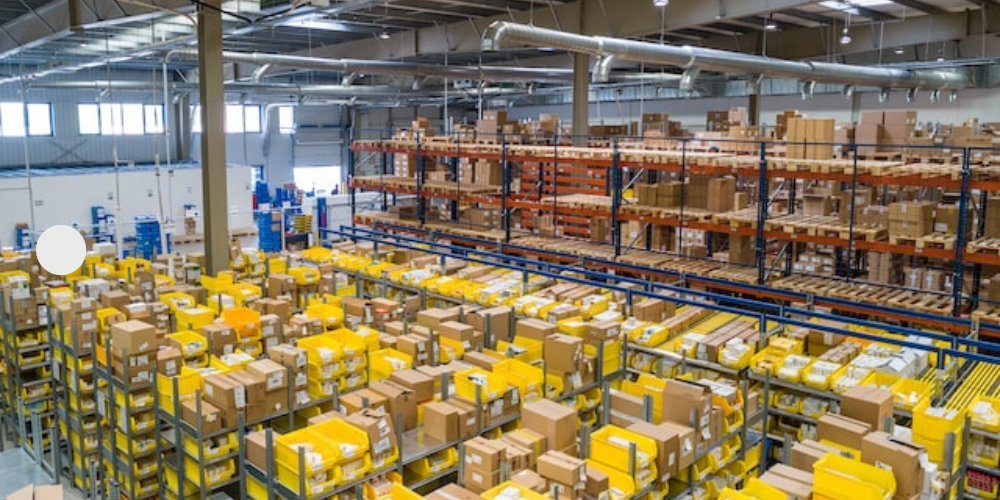
Beginners guide for logistics software
Frequently asked questions for logistics software
Here are some frequently asked questions about logistics software:
What is logistics software?
- Logistics software is a type of software that helps businesses manage and optimize their supply chain and logistics operations. It can include features such as inventory management, order processing, shipping and transportation management, and more.
What are the benefits of using logistics software?
- Logistics software can help businesses improve their supply chain efficiency, reduce costs, increase visibility and control, and enhance customer service. It can automate many manual processes and provide real-time data and insights to help businesses make better decisions.
What are some common features of logistics software?
- Common features of best logistics software can include order management, inventory management, warehouse management, transportation management, freight management, tracking and monitoring, reporting and analytics, and integrations with other business systems.
Can logistics software be customized to my business needs?
- Yes, many logistics software providers offer customization options to meet the specific needs of businesses. This can include custom workflows, integrations with other systems, and tailored reporting and analytics.
How do I choose the right logistics software for my business?
- When choosing logistics software, consider your specific business needs and goals, as well as the features and functionality of the software. Look for software providers with a proven track record of success in your industry and good customer support. Consider the cost and scalability of the software, as well as any training or implementation requirements
Common features of logistics software:
Logistics software is a type of software that helps businesses manage their supply chain and logistics operations efficiently. It can include a range of features that enable businesses to streamline their shipping, inventory management, order processing, and more.
Order management:
One common feature of logistics software is order management. This feature allows businesses to manage orders from multiple sales channels, including e-commerce platforms, marketplaces, and point-of-sale systems. It can include order tracking, invoicing, and payment processing, as well as automated order fulfillment and shipping.
Inventory management:
Another common feature of logistics software is inventory management. This feature enables businesses to track inventory levels, monitor stock movements, and manage stock across multiple warehouses or locations. It can include automated reorder alerts, inventory forecasting, and real-time inventory tracking, helping businesses to optimize their inventory levels and reduce waste.
Transport management:
Transportation management is another key feature of logistics software. This feature helps businesses manage their shipping and transportation operations, including carrier selection, routing, and shipment tracking. It can include integrations with major carriers and logistics providers, as well as real-time tracking and delivery updates.
Warehouse management:
Warehouse management is also a common feature of logistics software. This feature enables businesses to manage their warehouse operations, including receiving, putaway, picking, and shipping. It can include automated warehouse workflows, inventory tracking, and order processing, helping businesses to improve their warehouse efficiency and reduce errors.
Reporting and analytics:
Finally, reporting and analytics is other key feature of logistics software. This feature enables businesses to track and analyze key performance indicators (KPIs) related to their supply chain and logistics operations. It can include customizable dashboards, real-time reporting, and data visualization tools, helping businesses to identify areas for improvement and make data-driven decisions


